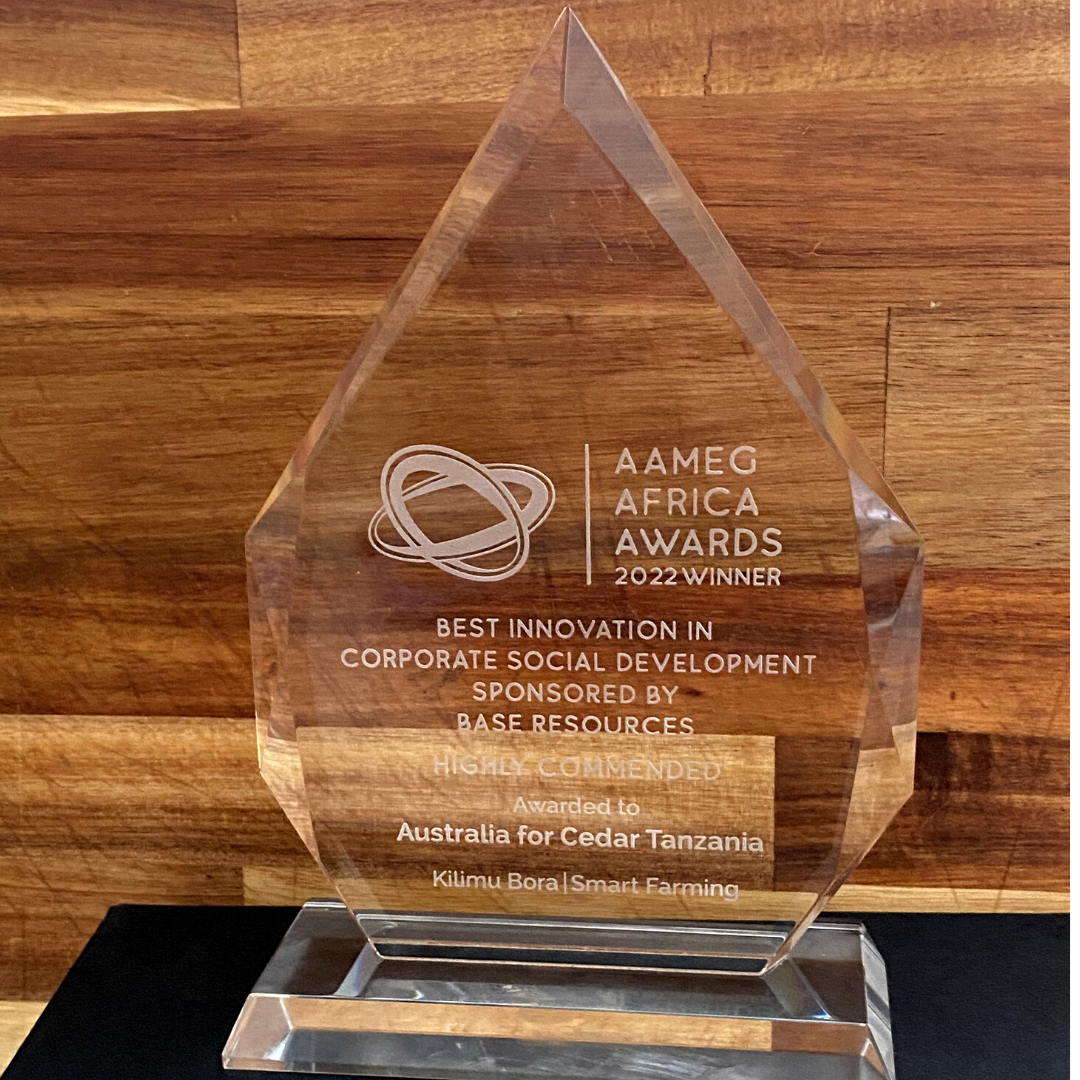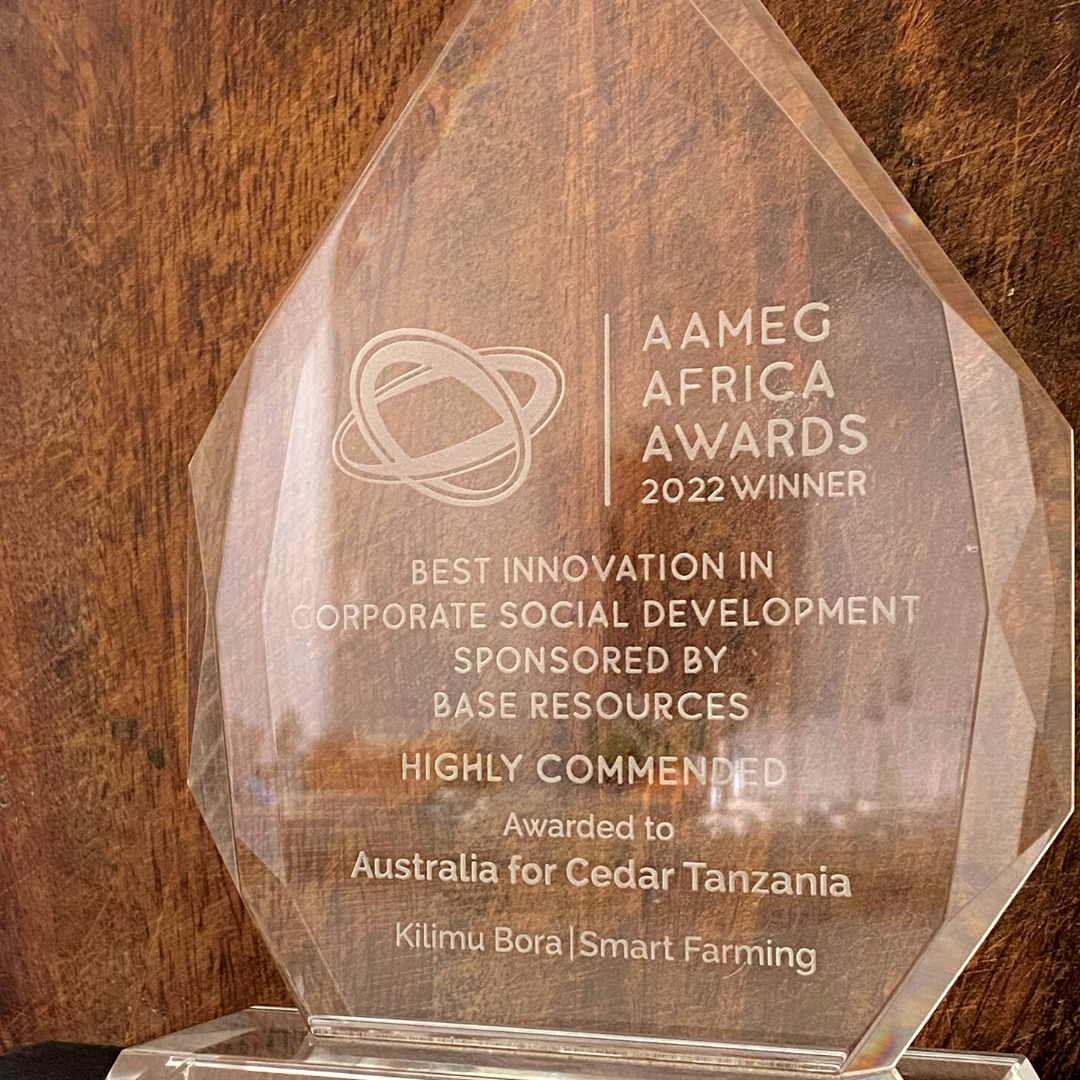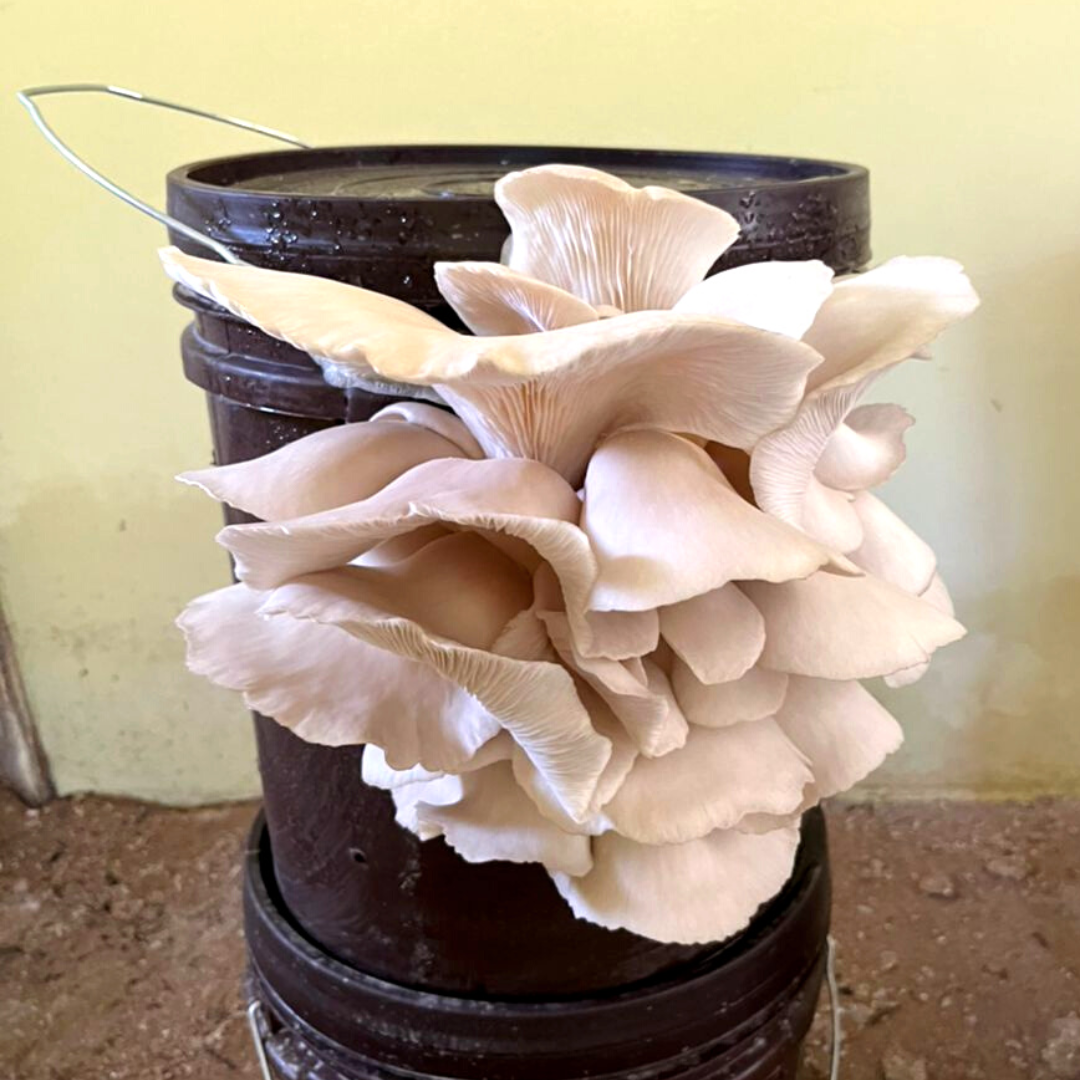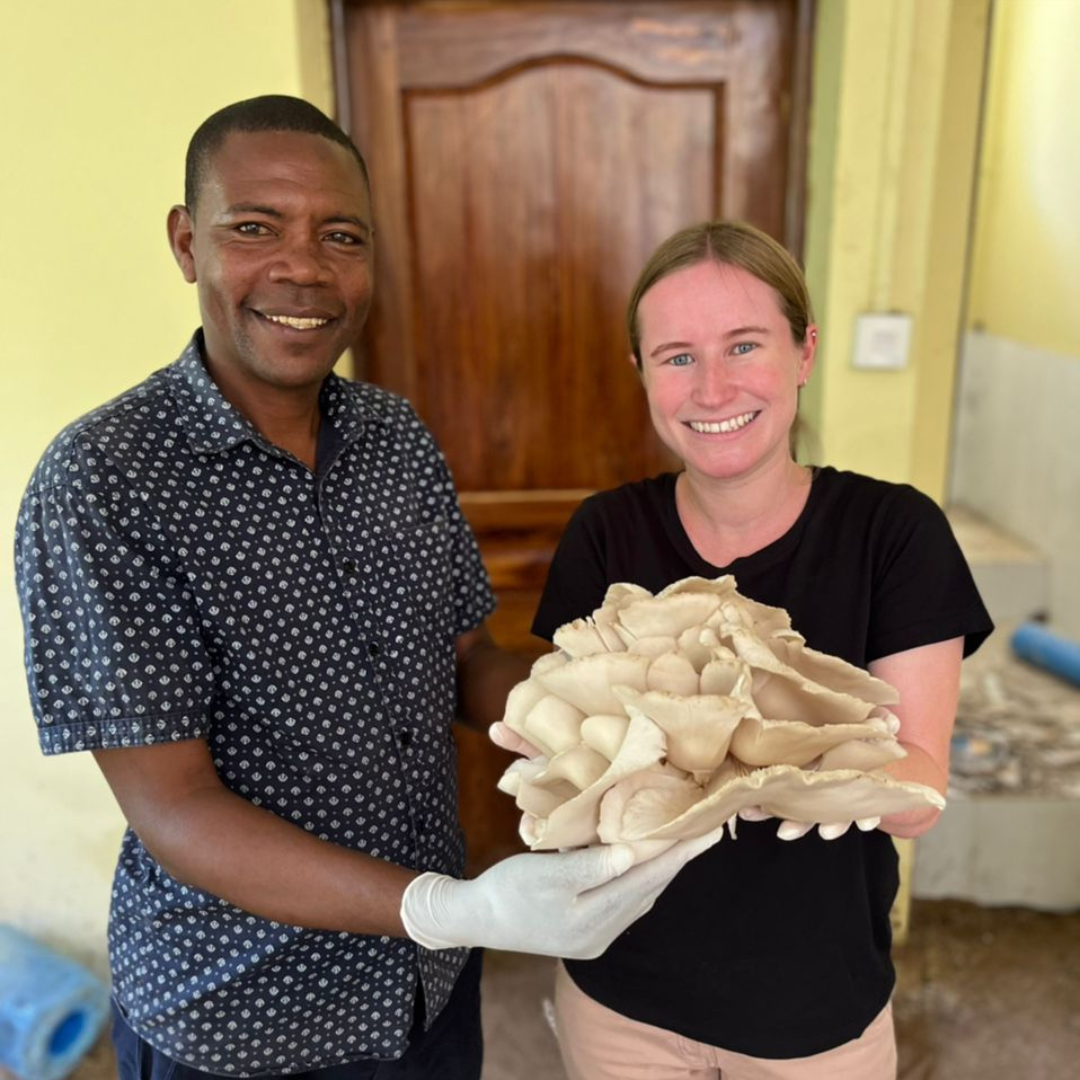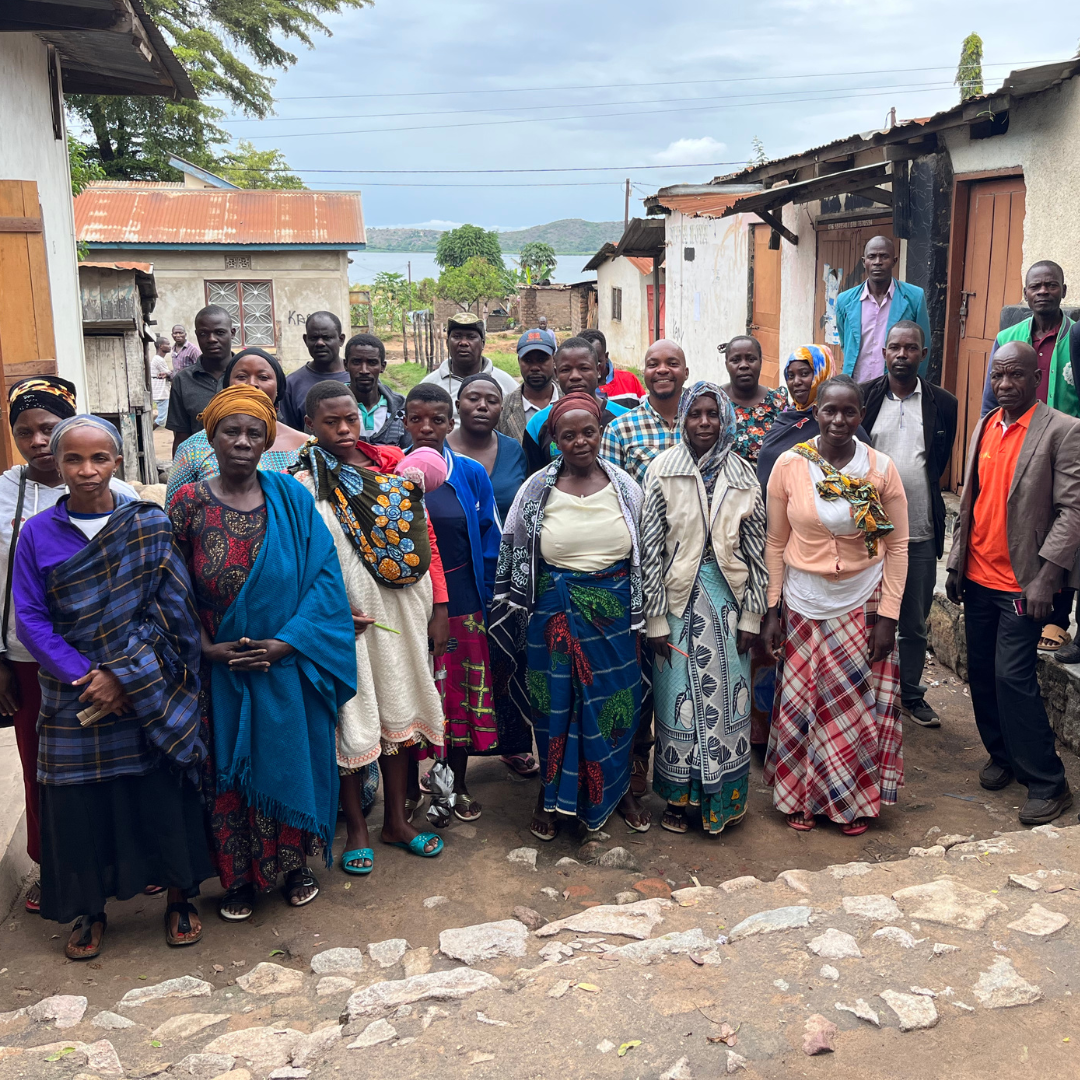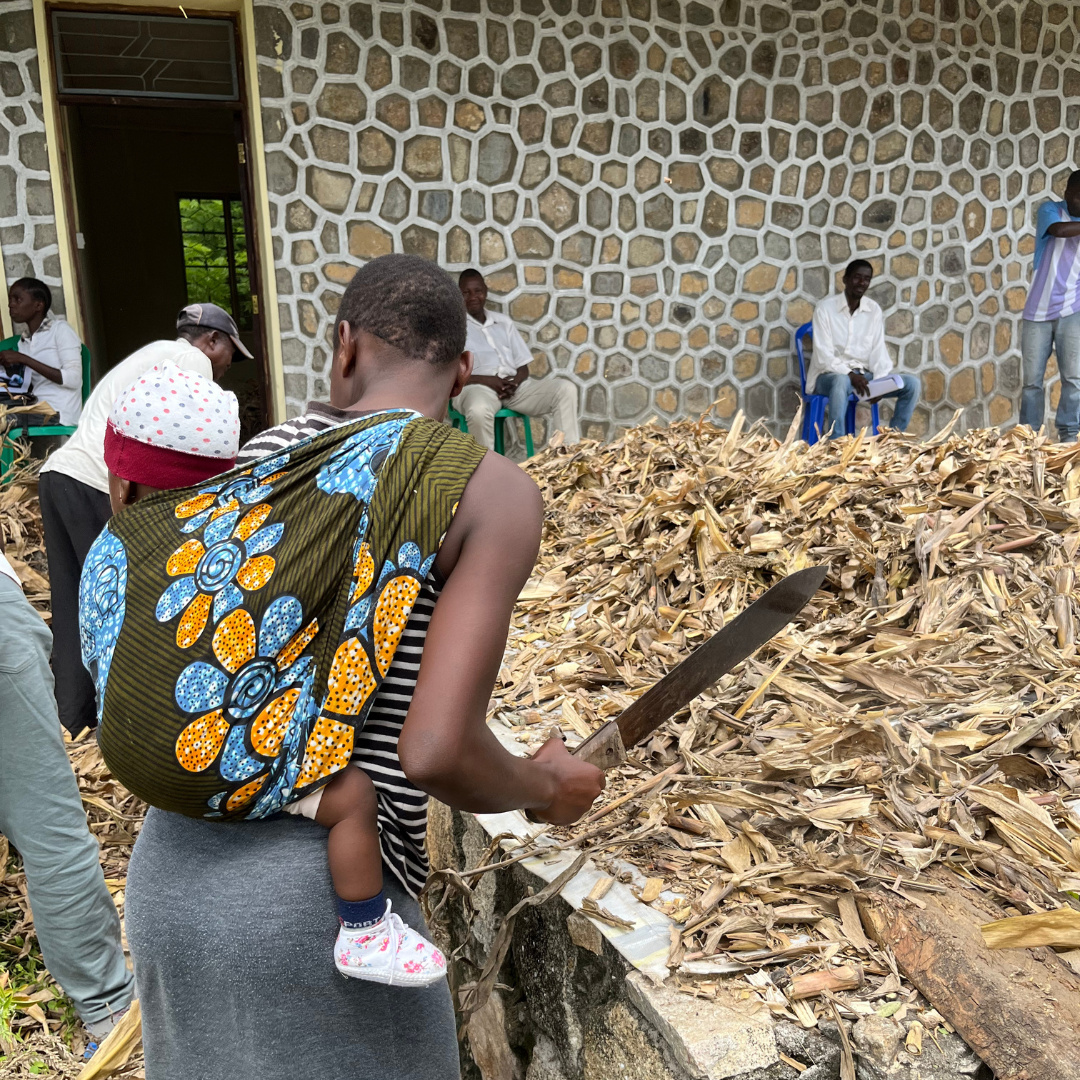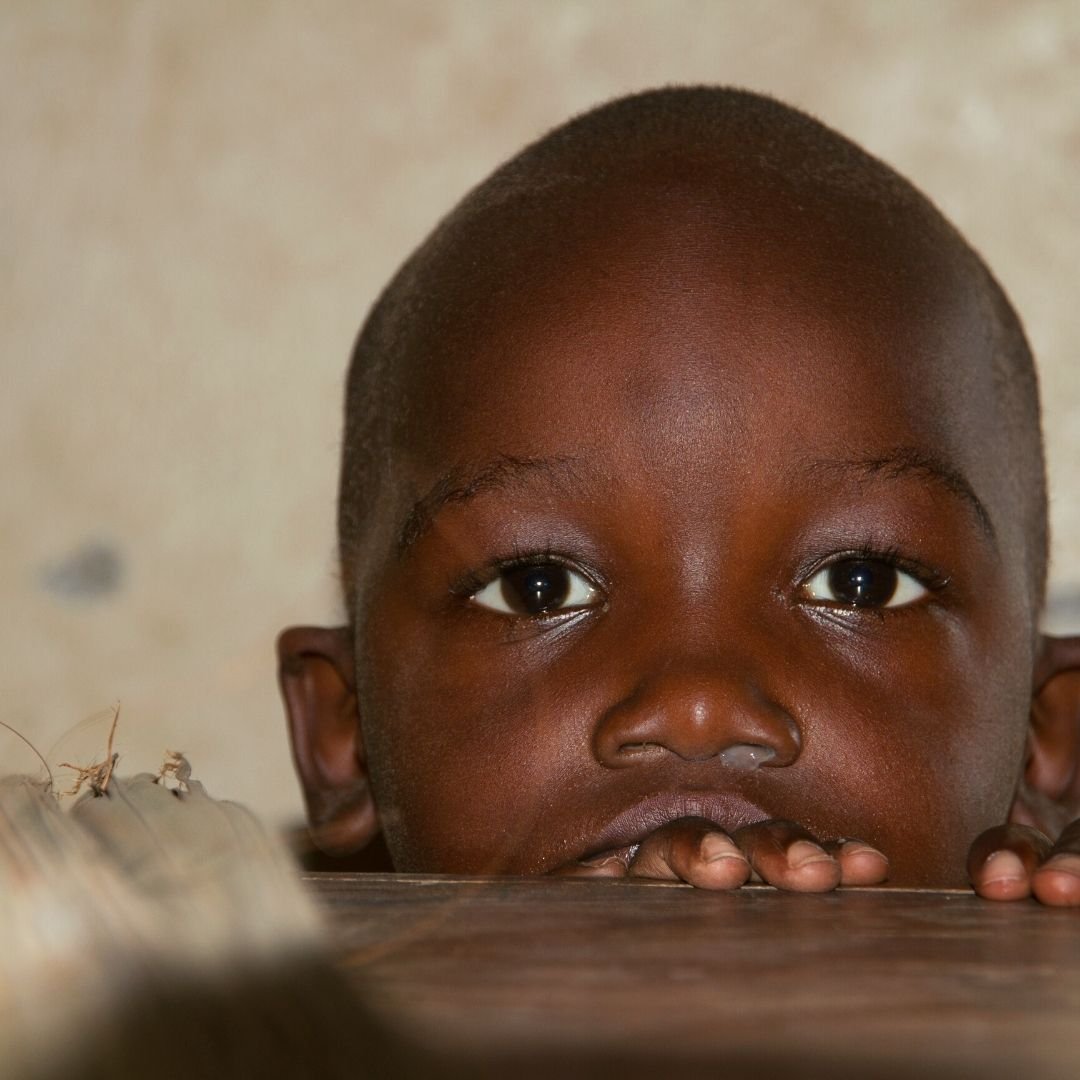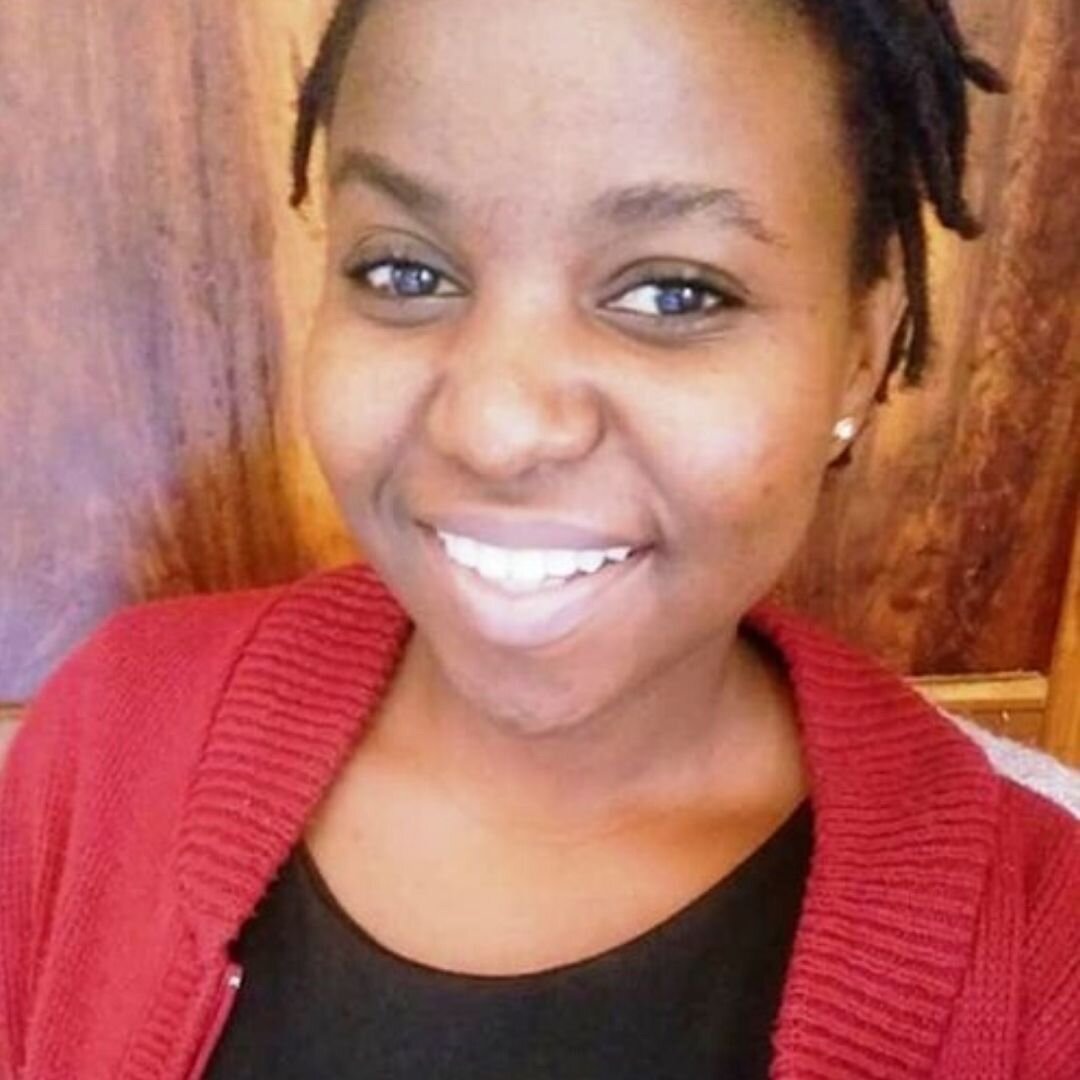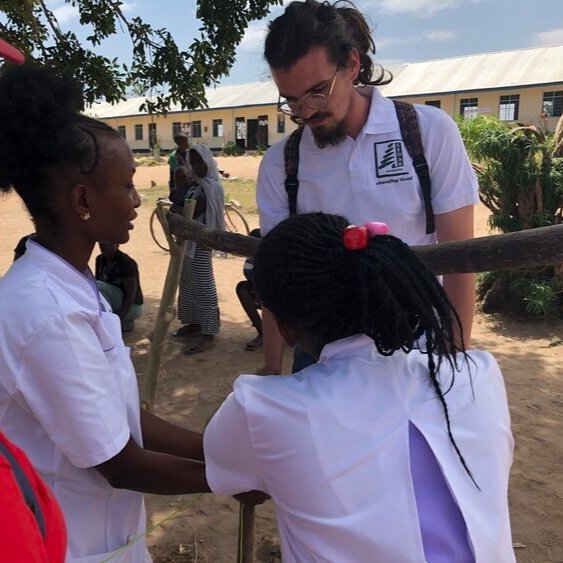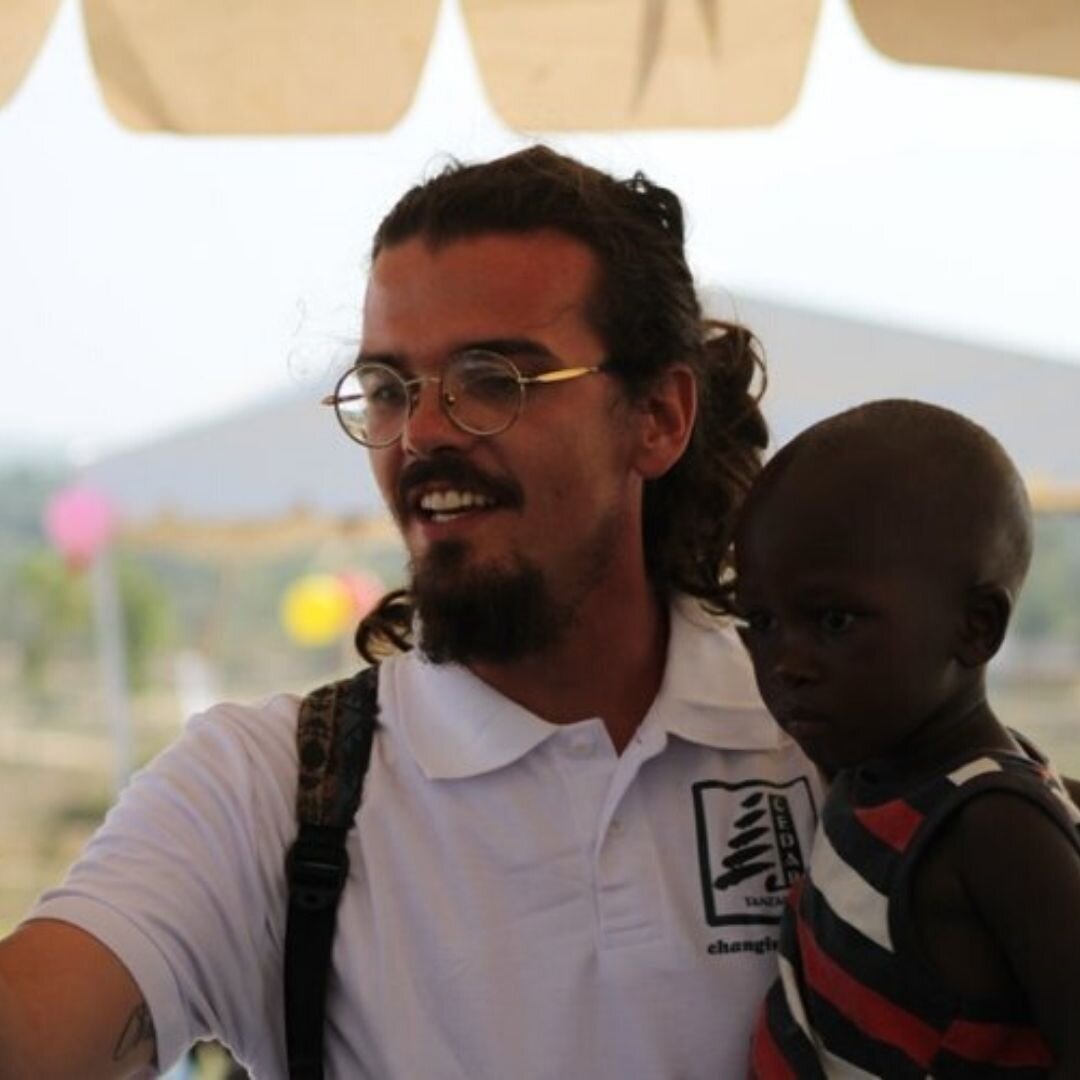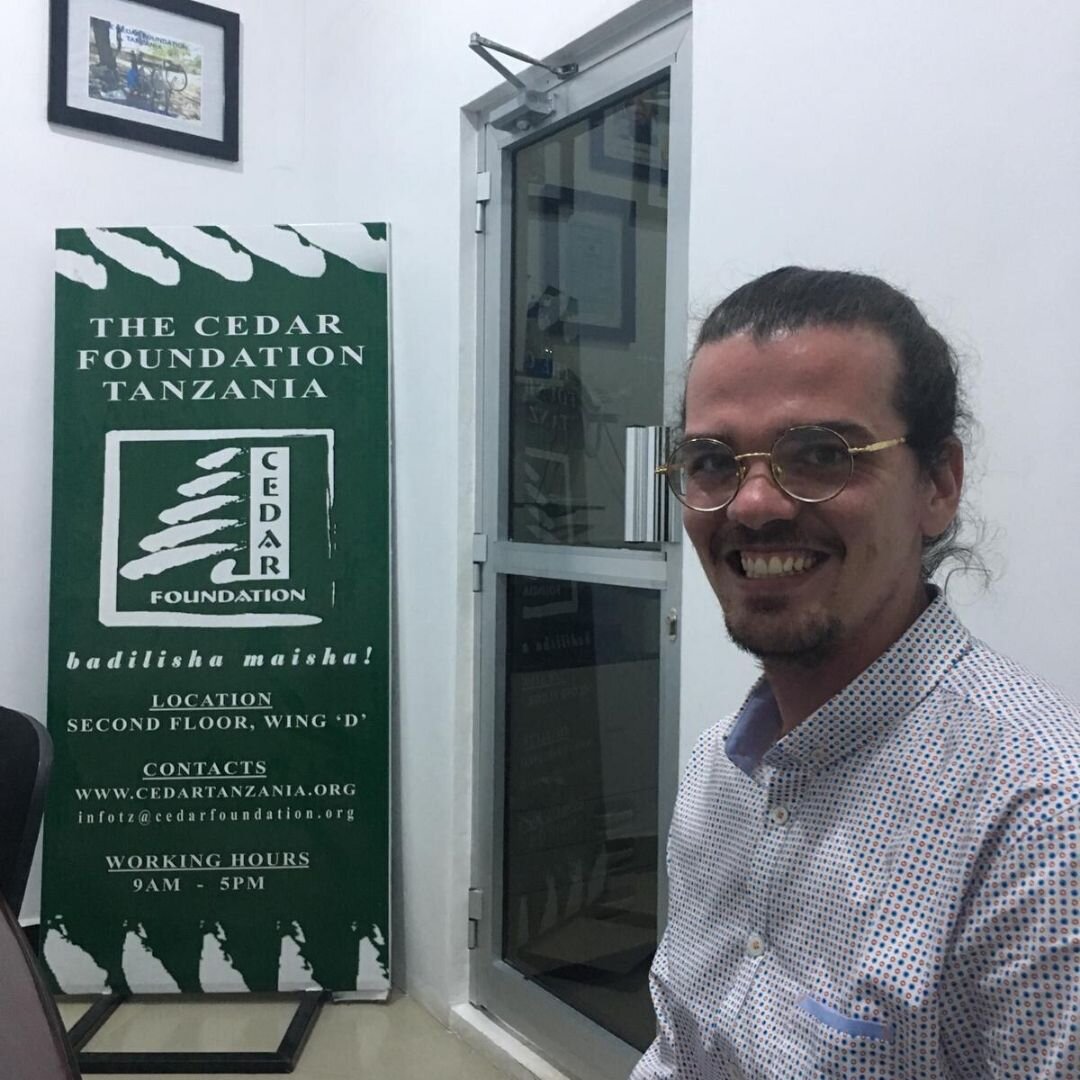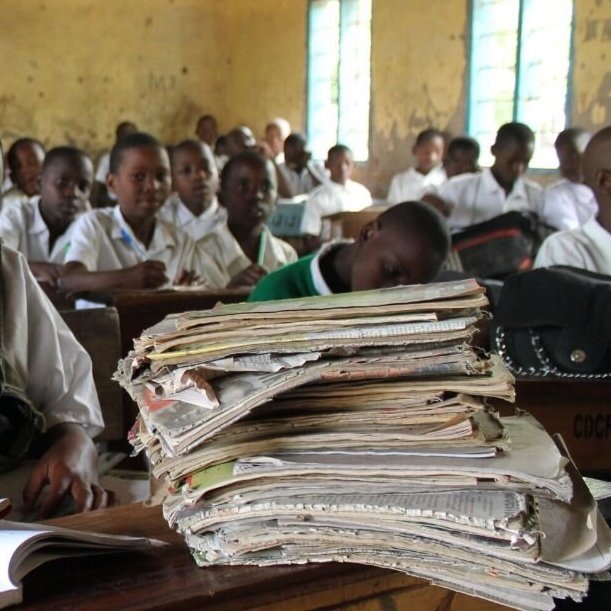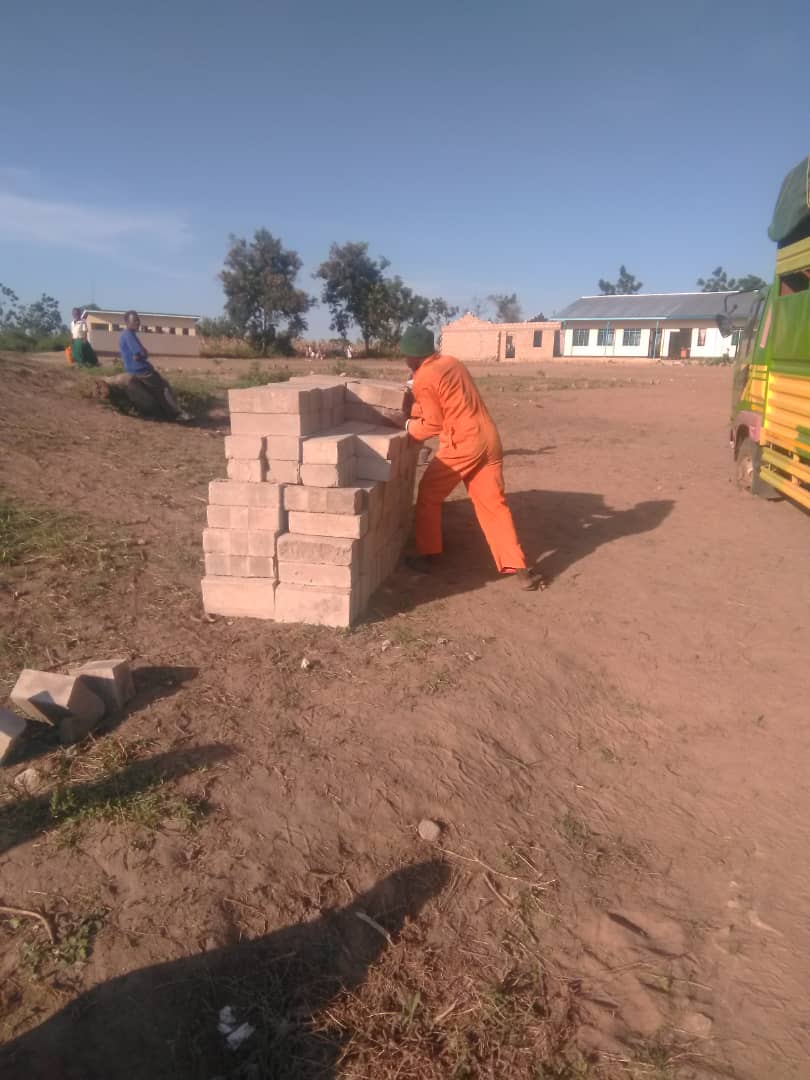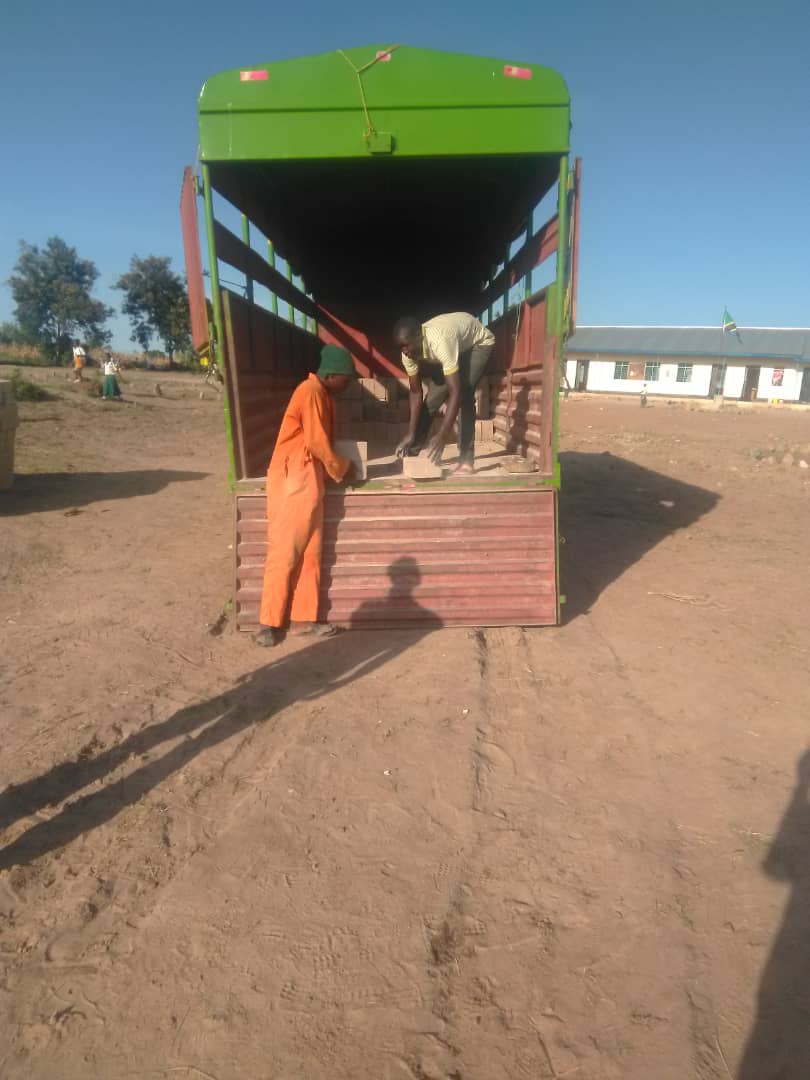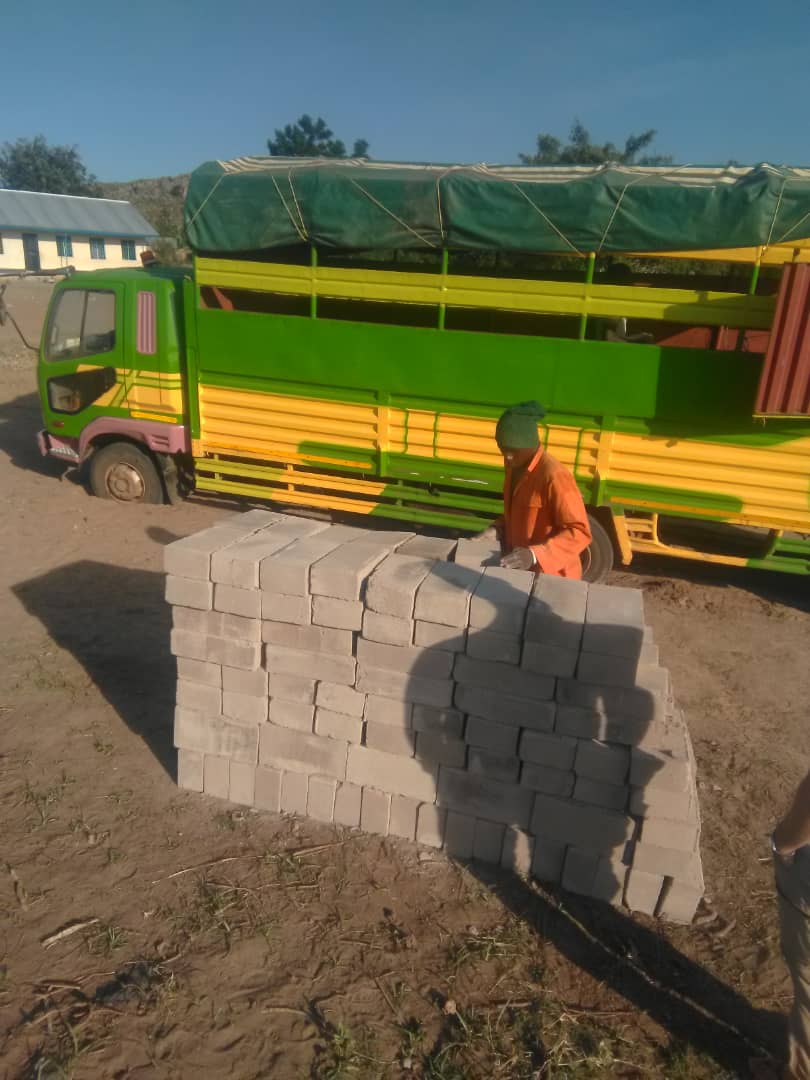As most women are not employed formally, they do not have a pension to look forward to, nor would they have a any savings for old age. Less than 25% of all Tanzanians hold a bank account – and the number of women with a bank account is significantly less.
Working in the informal sector means doing cash-in-hand jobs like selling tomatoes on the side of the road, rearing chickens and selling the eggs, doing cleaning services for someone more well-off, or mending clothes.
Typically, these jobs only generate enough cash for you to get by (or not even that) and there is not anything left for saving.
So how are you going to eat and pay for medical needs in old age?
The most common way is to have enough children for them to look after you financially and practically in your old age.
Tanzanian women have an average of four or five children – the global average is two. It is a vicious cycle. Having children young – Tanzania has a high rate of teen pregnancies – negatively affects their opportunities to have a better education or job. Knowledge and acceptance of contraception is lacking or misleading. Abortion is illegal and although backstreet clinics exists their procedures comes at a high risk.
Tanzania will be one of eight countries responsible for more than half of the increase in global population by 2050. Five of those countries will be in Africa. According to UN, sub-Saharan Africa’s population will nearly double to more than 2 billion by 2050. The region is growing three times faster than the global average and, by 2070, it will become the most populous place globally, surpassing Asia.
One way of breaking this cycle is providing ways for women to become financially independent and remove barriers (such as finances) to send girls to school to acquire knowledge, and getting better and higher paying jobs.
That is one of the very important outcomes of our Kilimu Bora | Smart Farming project:
“Participants are offered a hands-on training, in which they are taught both the agricultural and business aspects of operating and managing a mushroom farm.
By giving a preference to women and people with disabilities we are ensuring the initiative is supporting the most vulnerable groups within the community.
Through research, it has been proven that when women are being supported in taking up income generating activities, the financial outcome is then reinvested for the benefit of the entire household i.e., invested in children’s education and health or in long-term and sustainable investments in collective living standards. Furthermore, such women tend to benefit from increased social status due to their newfound income, directly improving situations in which gender inequality is the norm.”
If you want to support us or know more about our Kilimu Bora | Smart Farming project you can click here







